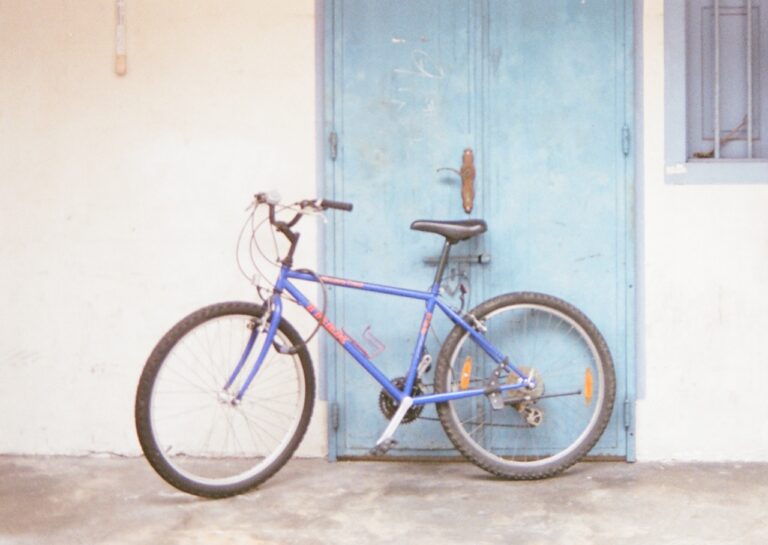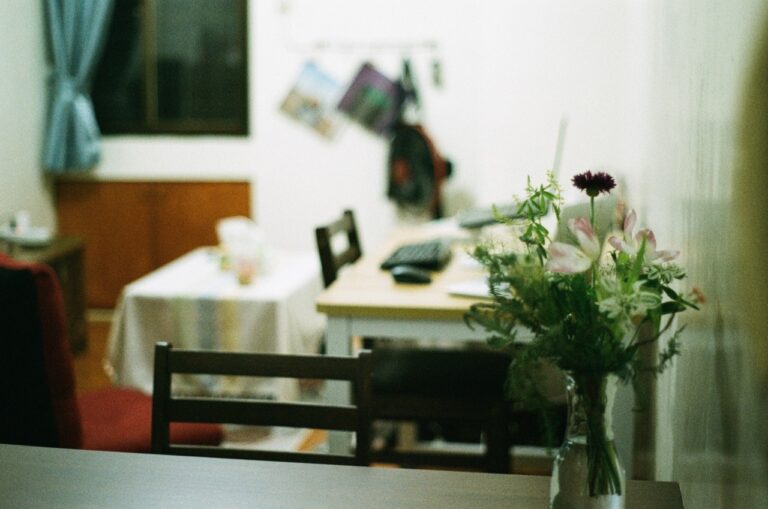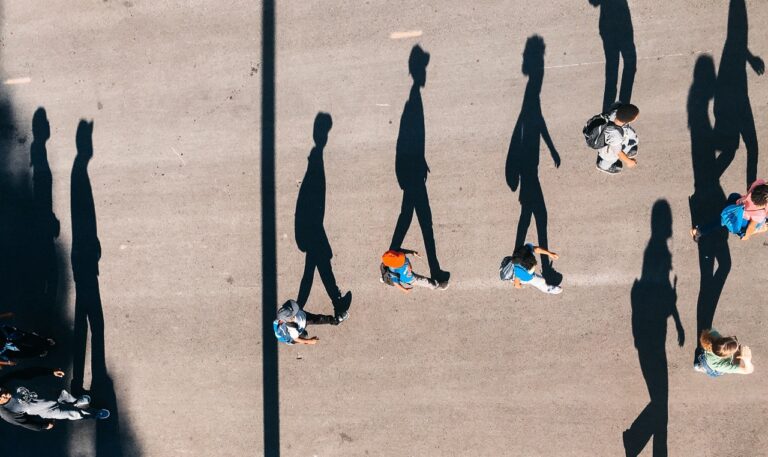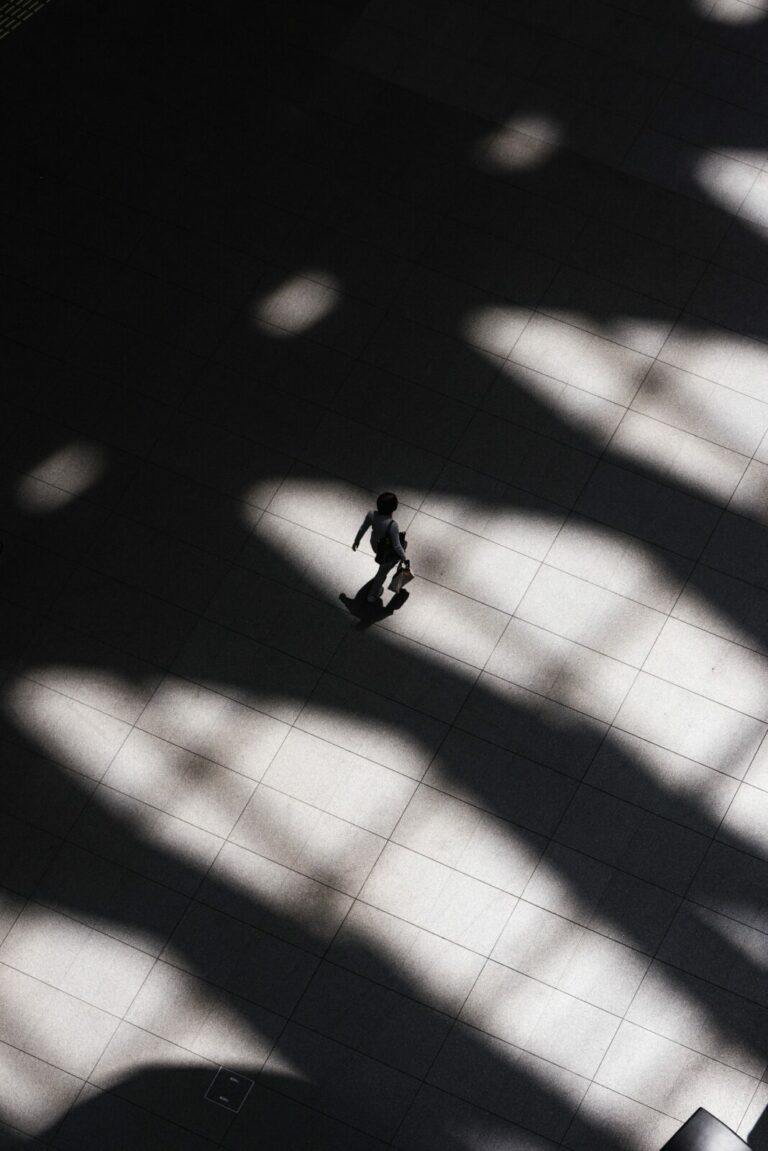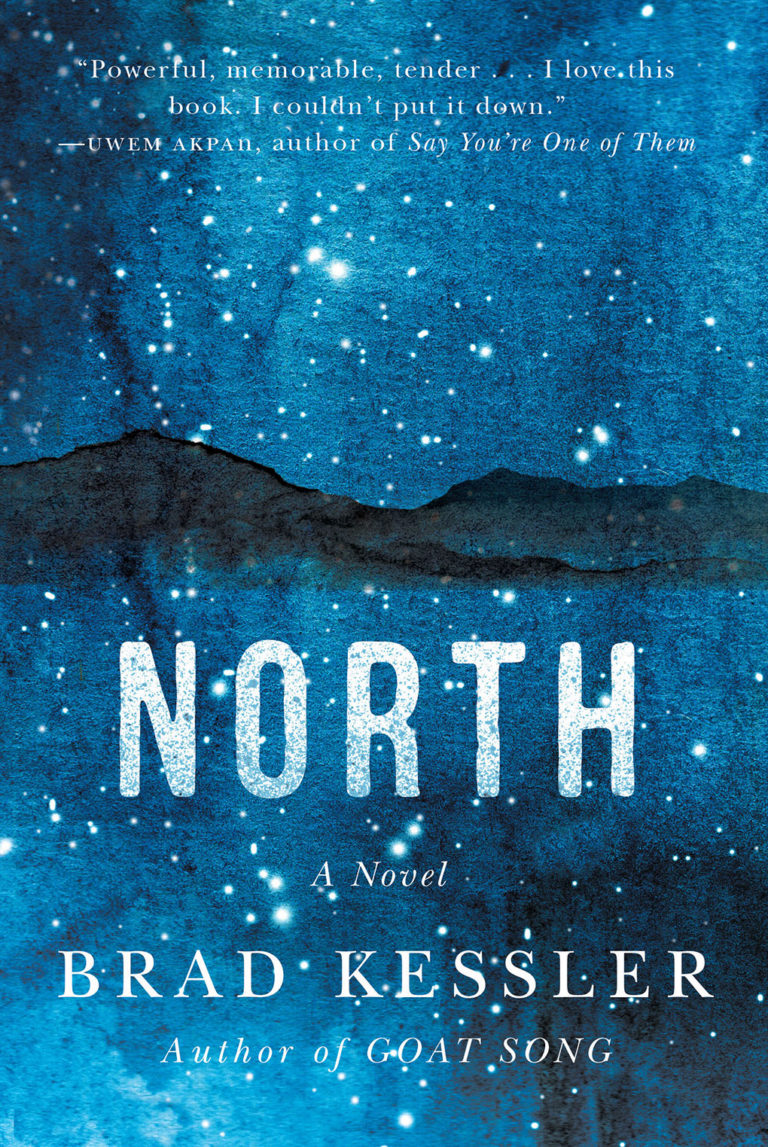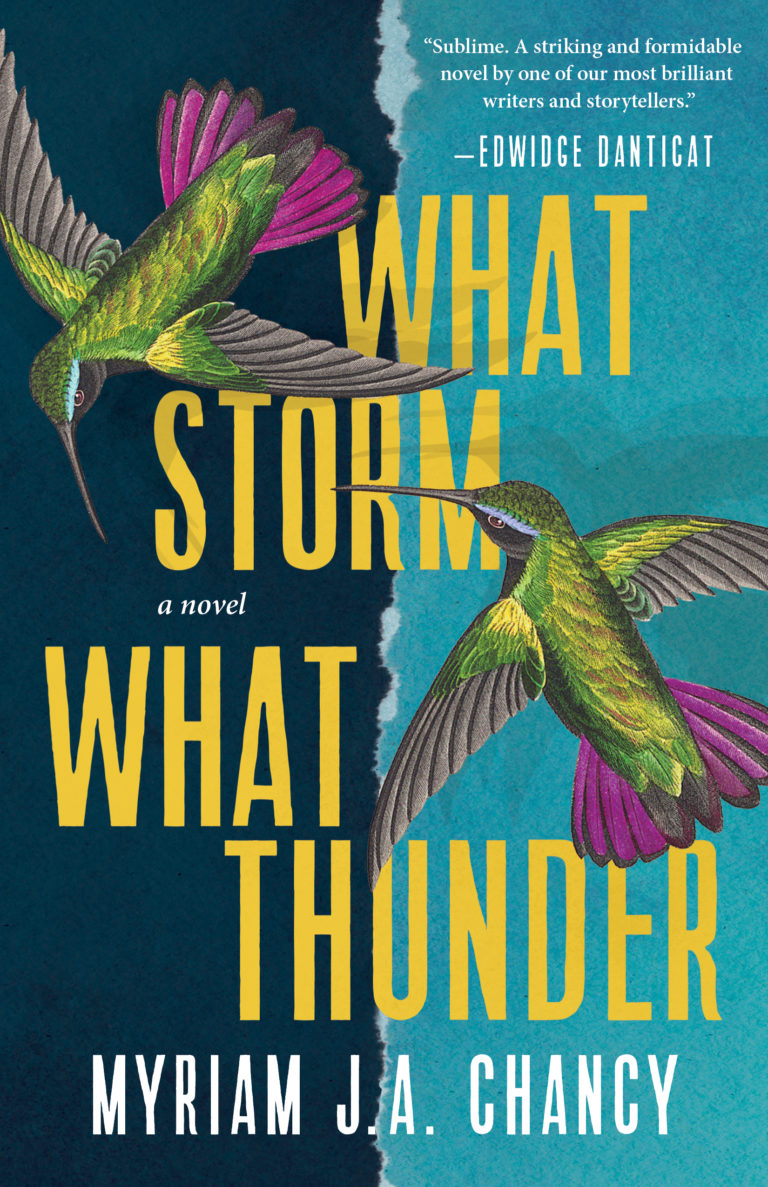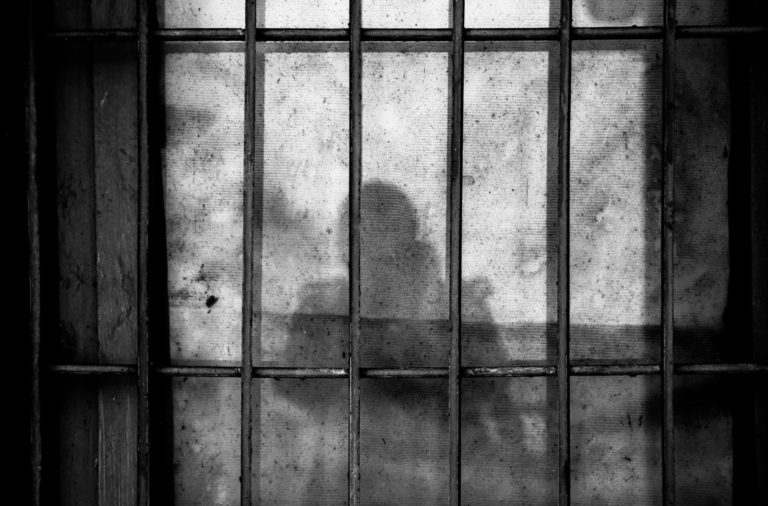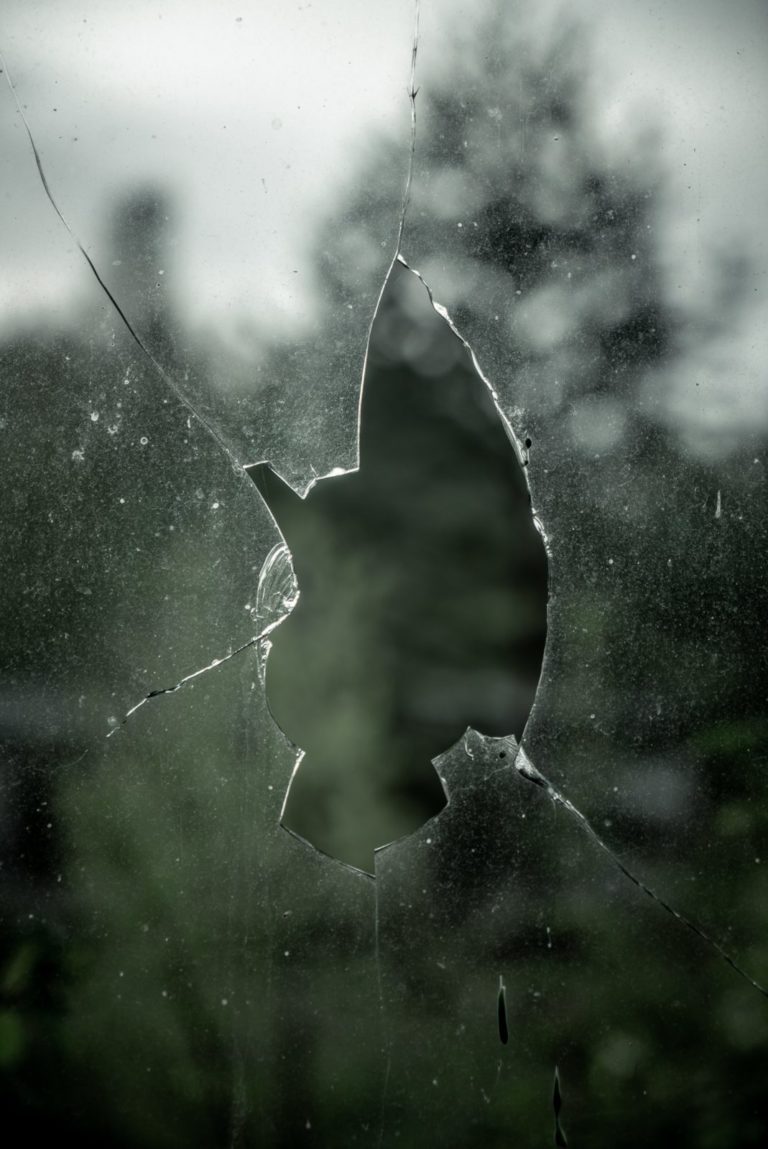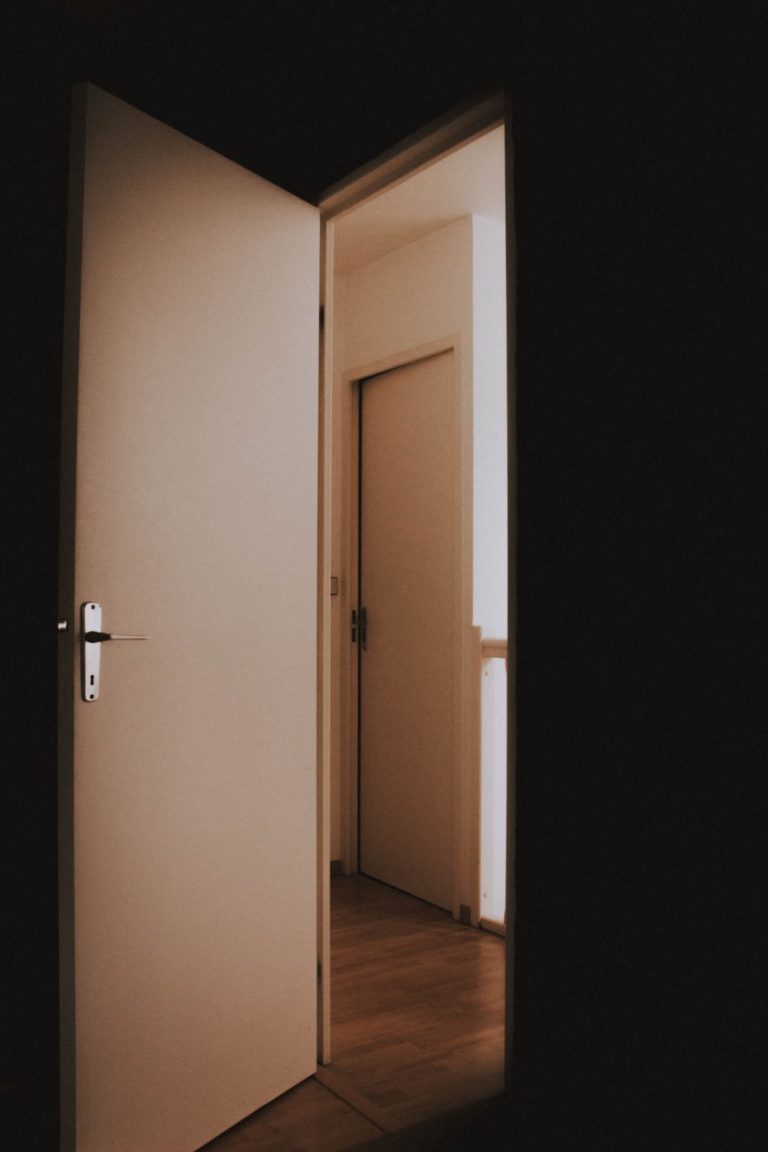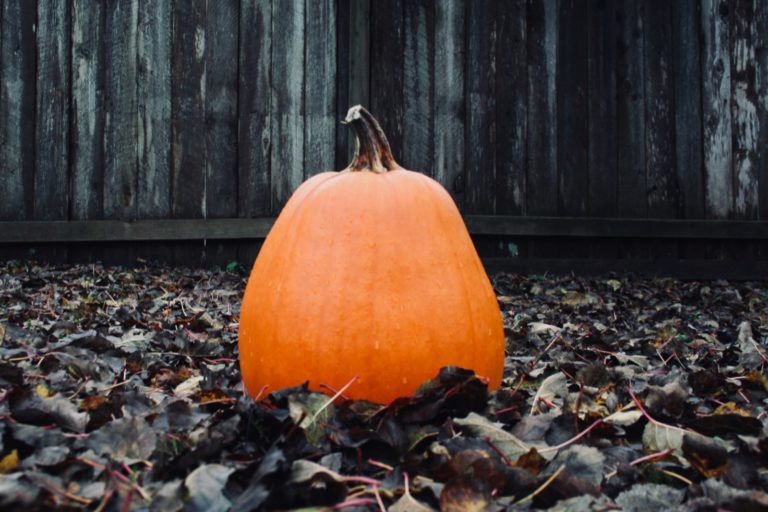I meant to buy a gift on discount, but the coupon expired before I wasn’t hungover anymore. My girl Jolene read somewhere that a man’s relationship with his mother shows which black and white movie star he is like. I think she wanted a Jimmy Stewart, but all I wanted was to remind my mother that I’m good for more than bedbugs, which is what she got for Mother’s Day three years ago when I gave her a wooden bench that I found on a curbside.
“Eighteen months,” my mother told me. “That’s how long they can lay dormant without feeding.” Then she put our pillows in the oven. The exterminator told her that one hundred and twenty-five degrees would bake the life out of them, so she set the oven to two-fifty. This time would be different, I thought, because I could afford a present from somewhere besides the curb. I now have a job at a medical clinic down the street from my mother’s house, where I am a telephone representative.
“That’s why they call it the silent STD,” I tell callers time and time again. “Because there are no symptoms.” Most of the callers want to know how it happened to them, whether it is a disease or burgeoning life. For all but the life-starters and life-enders, a round of prescription medication can be obtained at the clinic. I advise people to carry prophylactics at all times because I see the things for which there is no cure yet. Sometimes the responsible thing, these kids should know, is not to become a responsible party to human life.
I have quit more jobs than I can enumerate: construction worker, ice cream scooper, rock star— too hot, too cold, just not right. My guitar teacher told me a lot of people go through this phase.
“What phase?” I had to ask.
“The phase where you can’t do anything with a guitar.”
“I quit a job shucking oysters for this!” I said, nudging him in the arm, but the guy just frowned and said I should have asked; he would have told me not to quit my day job. The truth of the matter is, it was too late for me to be a prodigy. I was starting out at the age when Mozart composed Idomeneo.
“Forget starting salary,” my mother said later. “And ask are you gainlessly or gainfully employed? From there you can go to anything.” So I put down the guitar, and now I try to keep sex gainless for helpline callers.
Besides condoms, mostly what we get in the mail at the clinic is apparel from democrats, but I let the others fight over the size medium shirts. My shoulders make a skinny showing, and anyway there is only one registered voter in our household.
It used to be the same political argument at our Independence Day party year after year. Usually her old friends from the music department averted their eyes and tried to concentrate on their own conversations about the allocation of the university endowment, Charles Mingus, atonal theory. Or there was last year when Jolene, for perhaps the only time in her life, failed heroically to capture a room with stories of her father’s confederate flag collection rendered in the sticky languor of that southern belle drawl.
“It’s just accepting the lesser of two evils,” I told my mother, and the guests spoke louder out of courtesy.
“So pick your poison,” she said, throwing large veined hands in the air. By the time we got to laissez-faire, I’d reached twice over the card table behind her to help myself to more punch.
After the party, I shuffled around the house with a trash bag, picking up empty red, white, and blue cups, but in that dark refuse of the day, all I wanted was to wake up again. So I covered myself with a blanket on the couch and sipped from a flask, lying prone, and Jolene went home. My mother wandered in, told me she didn’t know what to do with me. “That makes two of us,” I said.
* * *
A week ago I tried to buy my mother a present, but all I ended up with was a rash. The store claimed to sell forty-five different scented candles, which altogether is one big reason for antihistamines. California Sunset, Midnight Stroll, Autumn Crush— all these wax fragrances intimating the rhetoric of personal ads drove me to another wing of the mall.
Past novelty stores and lingerie boutiques, after a cheap salon and furniture emporium, I found the familiar gray fluorescence of a chain drugstore. I searched for the easy-to-swallow caplets, and when it was my turn to check out, a boy wearing a nametag asked if I was picking up for my mother. He said he wanted to thank her for getting him and his girlfriend together.
“Who are you?” I asked, scratching my arms.
“Frank,” he said and pointed to his nametag. “Your mom told me to shit or get off the pot before it was too late. I’ve seen you in here picking up her prescriptions before. It must be great to have a mother like Cheryl.”
“I owe her my life,” I said.
* * *
At a payphone outside the pharmacy, I called Jolene to explain the holdup, and she said with an excuse that stupid my dog had better be shitting homework. When I arrived at the second-run movie theater, she had been waiting in the lobby forty-five minutes, and since going to the pharmacy my rash had cleared. It was true I always seemed to be running late from some appointment or spat with my mother, but Jolene wouldn’t even look at me, and I was beginning to think it wasn’t better late than never.
“He’s telling me he’s allergic to shopping,” she told the girl behind the movie ticket booth.
“Typical,” the girl said, shaking her head and refunding Jolene a twenty.
“Just for the record, it was candles,” I said into the window microphone piece. The girl snapped her bubblegum. Jolene was already walking out the door to the parking lot.
I ran ahead, crouched behind the car, and ducked my head up from behind the trunk, waving the pharmacy receipt like a flag—I surrender—but couldn’t even rack up a smile. So I told her she was prettier than a dirty picture show and cartwheeled. I leapt in an incompetent straddle, chanted that she put the love in “If the glove fits, you must acquit.”
And all of it was sincere. We didn’t used to be like this. At restaurants when she’s gone to the restroom, I have smelled that girl’s dirty napkins. She had me the first time she touched my scalp. “Back again?” she asked when I returned for a trim two, then four, then six days later. I could’ve joined the military service by the time I managed to see her outside the salon. If I could make it through Basic anyway.
Holding my arm out like the neck of a guitar and riffing against my stomach, I told her she plucked my heartstrings. Jolene sighed. “So what did you end up getting her?” she asked.
“I don’t have anything for her yet,” I admitted, and she touched my hand.
“It’s going to be okay. You’ll find something,” Jolene said.
Against the horizon, the sky sunk from pink to black. I asked if we could go to her house, where we could lie still, not living up to anything or living mistakes down. She rubbed my head. “As long as this romance will never be candlelit,” she said.
* * *
If they were fair at all, they’d say All You Can Fit. Instead, they say All You Can Eat and give small plates. An obfuscation, not a lie, is what my father called the sign. That word was also his justification to my mother when she caught him not on a business trip during her pregnancy.
We were at the buffet so we wouldn’t have to agree on what to eat. It had been a problem each year when he saw me for my birthday. From aluminum trays he chose the foods that would keep him celebrating birthdays. I chose the ones that looked like they included chicken. He nodded his head towards a table with a booth resembling a bowling alley bench, and when we sat down, I told him about the doctor’s appointment the next day.
“If people would stop desecrating their bodies with saturated fat, they would reduce their medical expenses by half,” my father said, slicing cold tomatoes. “You only get one body to do what you will. This is something your mother never understood.” I gave him a look. “Don’t get me wrong,” he said, as though I was the one calling lies obfuscations, and he began speaking of my mother as though she were dead—she used to dream of touring across Europe. She used to spray champagne on the crowd when she performed. She used to say what promise you had.
The more he spoke in the imperfect, the more I thought of Ella Fitzgerald, of her song my mother used to sing while she cleaned the house: You used to do. I’m so lonely. Every road I walk along, I walk along with you. I thought for years the lyric was I walk alone with you.
A girl who looked to be a year or two younger than me, maybe the same age as Jolene, came to refill water in our glasses and slid a lemon slice on each. They were garnishes too thin to squeeze, and I put mine on a napkin. “You two must be brothers,” she giggled. My father sucked a lemon sliver graphically, looked up and winked. I looked down at my buffet-slop chicken. Never had I thought this would be the lesser of two evils.
“He’s old enough to be my father,” I said finally, still holding a speared cube of chicken. “And this is a reality I’ll have to live with for the rest of my life.” The girl put a nail between two juicy lips, crumpled pad paper in her apron. Through a puddle of sauce on the plate, I spelled my name in cursive with a fork. Before she got pregnant, my mother had thought she’d be the last Hache. It wasn’t until my father told her the Super 8 Motel with his secretary wasn’t specifically not a business trip that I inherited my mother’s last name.
The waitress moved to another table, and my father leaned over his plate of vegetables. “I remember when we used to be friends, kiddo.”
“That makes one of us.”
“Remember when you used to come over and we played hide and seek or listened to old records?” he asked. “We made forts and flags and pretended we were at Shiloh.” And I did remember those days before my mother was tenured, when I asked her why our house was so much smaller than his and she said, “Because I am a bohemian queen!” She could make lemonade out of overqualified poverty.
My father pushed away his plate of greens. “You know, we used to be friends then, and I’m still the same person.” I kept my eyes on florets of broccoli gleaming with vinegar and grease.
“I’m not,” I said.
The truth is I lose years around the guy. My voice cracks and I forget what they taught during clinic training, that even with precautions, accidents happen. I want to drive fast and run red lights and think, I can’t wait till summer comes; I can’t wait to get away. But with my mother I keep the years so she can sense them. I’d rather she know I’m not the kid she remembers, and I’m sure she would too.
When I first moved home after dropping out of grad school, I would find her crying on the couch and think: It must be me. Usually, it was a movie she barely remembered, though. I’d ask “What’s this?” and my mother would say An Affair to Remember or Gone With the Wind. The television would still be turned on, and she’d be sitting with a roll of toilet paper unraveling in her lap. These days, it’s easier to check the TV Guide than to speak. “Humphrey Bogart,” she said when it got more difficult to remember what wasn’t right in front of her. Or “Deborah Kerr.” Now even the stars often evade her.
“Right turn on red: legal or illegal?” she asks some days.
“Legal.”
“Bingo, just keep on going,” she says. Then she’ll try to sign me up for the driving test, and I tell her I already have a license, though I know she won’t believe it. In her mind it’s all expulsions and detentions. It’s the time I was kicked out of school for setting off fireworks in the gymnasium. It’s the day I was suspended for crossing out the BE in a FREE TIBET poster. “Only one? You have low expectations,” she said that afternoon, but it was the voice she used to congratulate old friends stopping in town to play a show on tour.
Mostly I don’t want to lie, but it’s easier than fighting. She asks where I’ve been when I come home late from the bar, and I tell her the library, studying.
* * *
When I returned to the clinic from lunch with my father, Jolene had dropped off a department store coupon and cake. The coupon promised fifteen percent off where terms and conditions didn’t apply, and through the frosting she’d stuck twenty-nine candles. Robin, an older woman from human resources, wouldn’t accept cake when I offered it.
“You don’t know this yet,” she said. “But after thirty, it’s another year older, another year wider.” She arranged resumes into two piles that had little to do with competence, one pile of prospective candidates and one pile of prospective felons stacked on an aluminum desk. “And I’m thinking there’s something my caboose needs a lot more than cake.”
“Who’s after thirty?” I smiled, and she said her mother warned her about men like me, by which she meant liars.
Back at my desk, I ate cake and brainstormed slogans. “What comes up can come down” had been unsuccessful in the anti-date-rape campaign, and other staffers had noticed a false sense of security from venereal diseases in my suggestion, “Sex before consent, never sicker; consent before sex, you’re in the clear.”
The telephone rang. “Planned Unparenthood, how can I help you?” I said.
“Say yes,” said the caller. And because it was Jolene, I knew the answer would be no. She had been asked to style hair on a Hollywood zombie thriller set and wanted me to move with her. Sun and bleach blondes, avocadoes and stars, beaches and the undead—how could any reasonable person say no? she asked. I told her reasonable people have mothers too.
“Why won’t you even consider a home?” she asked.
“I have considered. What you want is a decision.” I could hear hair dryers blowing heat on her end and ringing phones on mine. The second line blinked green to alert me to another caller. A pamphlet on my desk bullet-pointed nausea, headaches, fatigue.
“You are a Clark Gable,” she finally said. “A Rhett Butler.”
“The greasy-haired guy?” I asked.
“He’s the one who says, ‘Frankly, my dear, I don’t give a damn.’ And damn it Luke, you’re almost thirty and living in your mother’s basement.”
“Is he also the one who said, ‘I can’t think about that today. I’ll think about that tomorrow?’ Or was that Scarlett O’Hara?”
“Keep this up, and one day you’re going to wake old and alone. You’re going to wake up and realize how good you had it, and it’s going to be too late.”
“That’s why I still live with my mother,” I said.
“Forget it,” Jolene said. “Your mother’s made your bed. Now you can go lie in it.” Then she hung up.
* * *
After work, I watched a guy at a local bar pound his fist raw. The jukebox was playing “Midnight Rambler” when he’d wanted “I Was a Teenage Werewolf.” His friend told him he should just put in more quarters and try again, but all he kept saying was, “I want The Cramps.” I tossed back a Maker’s Mark and showed him how to get his money back by fiddling the coin slot with a flattened straw. When his song had finished sinking into the swampy shadows of the bar, I gave him another quarter, cuffed him a little, and said, “Play it again, Sam.”
“What the hell do you think you’re doing?” he said. “Touch me again and I’ll have you screaming mama.”
A few hours later, I made my way home. Really, it might have been more. I opened the door and looked at my mother looking out the front window. Evergreen trees studded the yard. I had skidded on the cement, and where my car had faltered there lay a piece of gate I’d upset punctuating the rubber burn fishtail squiggle inscribed on the driveway. In the foyer I tiptoed as quickly as possible toward the staircase.
“Who are you and what have you done with my son?” my mother screamed. I saw her duplicated, a series of round-shouldered bathrobes in bleary vision. I leaned on the banister to brace myself from listing side to side. Somehow she had made it to the hallway. “Get out,” she whispered, and I knew she couldn’t even know what she was saying. “Mom,” I said. “Mommalove, Mommalove.” But she shoved me, screaming, and I grabbed her arms and held them away from me, though I knew I was hurting her. I told myself it wasn’t her I was wrestling. It wasn’t her, those spotted crepe wrists. “You don’t belong here,” she screamed. “I want my son back. I want my little boy. I’ll kill you if you don’t get out of my house.” I told her give up because I wouldn’t let her get away.
* * *
I was halfway through “Middle East Peace Negotiations at Standstill” and thinking that wasn’t news when the doctor motioned for me to follow him into a side room. The hand gesture I recognized as the one given to HIV-positive testers at the clinic. Maybe it was something I’d have mastered if ever I’d gone to medical school. On a table I left a newspaper for a row of people for whom civil war would be a welcome diversion.
The medications she’d been taking were no match for the disease, the doctor explained when we sat down. The tiny room smelled of insecticide. Dizzied, I thought of her wrinkled fists and the blue imprints of my fingers left on her wrists. He could write new prescriptions, he said. I could install an alarm that would alert me if she wandered out of bed at night. She could have good days, but the bad would increasingly outnumber them. She would continue losing faces, names, days. It was only a matter of time before I would have to put her in a home.
“Assisted living? And what exactly have I been doing for the last two years?” I wanted to know.
“Your best,” he said because he was kind. There were better options than what we’d been doing for the past two years, he explained, but the plans he described were neither better nor options to me. He handed me a card— “If you change your mind”—then shook my hand to let me know it was over.
So you see I could have made the expiration date, but my mind was elsewhere. And after it was elsewhere, I tried to get it nowhere. And after it was nowhere, I was in the john losing my lunch or hiding crushed pills in ice cream. By the time I wasn’t hungover, the discount wasn’t valid anymore.
But I don’t need to lie. She doesn’t remember that I ran over the gate or that I threw up in the toaster oven. She doesn’t remember my juvenile revisions or when I threatened to slice off every finger of a man who cut in line at the pharmacy; it is a new day. In this new day she names no movie titles but there are no tears either. In the living room, I brush her hair in front of the television and she says, “Jimmy Stewart.” Then we listen to jazz, and in the chaos of notes, the screeching highs and down-bottomed lows, feel a sad swell spread to the dimensions and angles of our home. “I meant to,” I begin to say, but she holds a finger to her lips and sings. To Ella Fitzgerald, I spin her by a bruised wrist, singing along wrongly—I used to. I used to. We have today and maybe tomorrow too.


